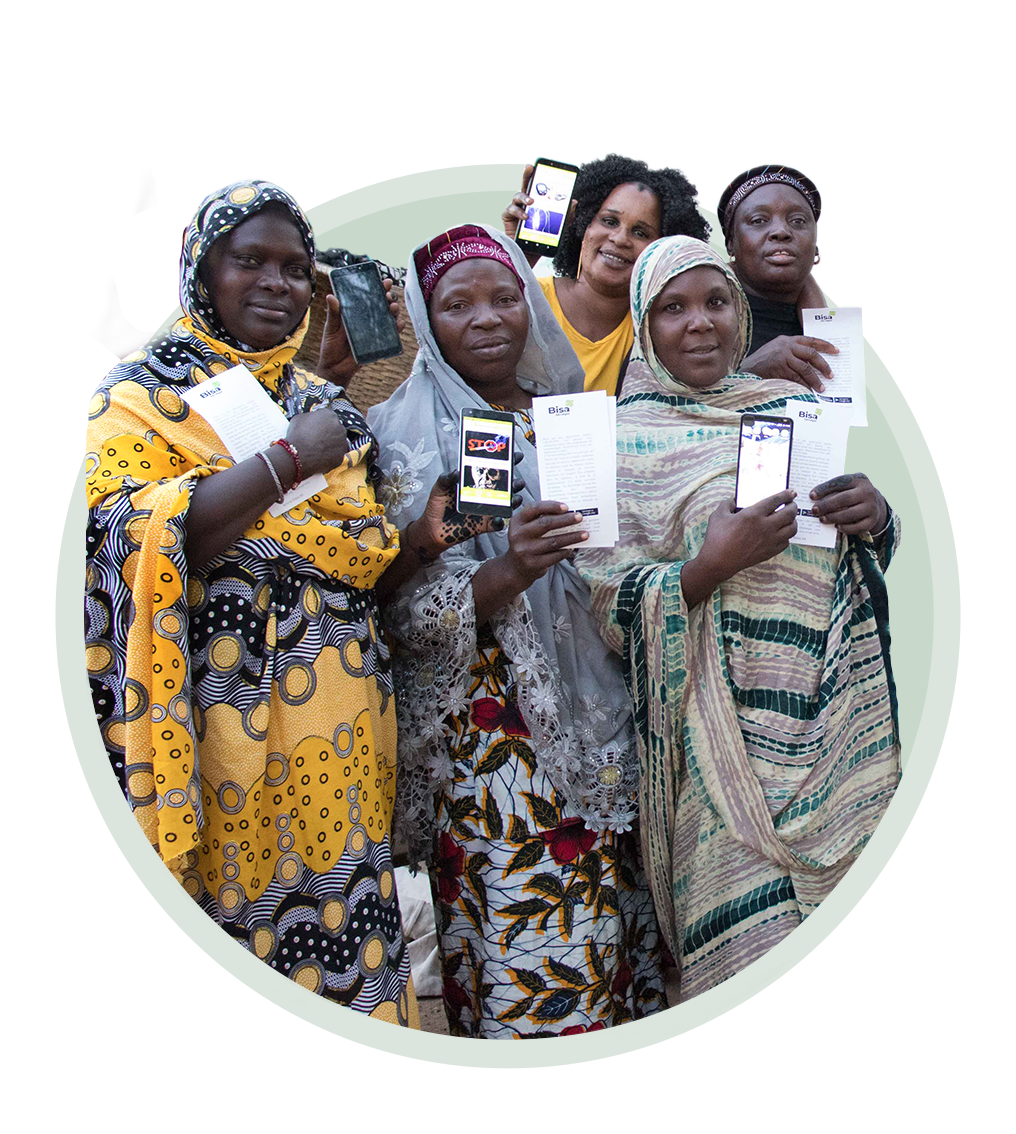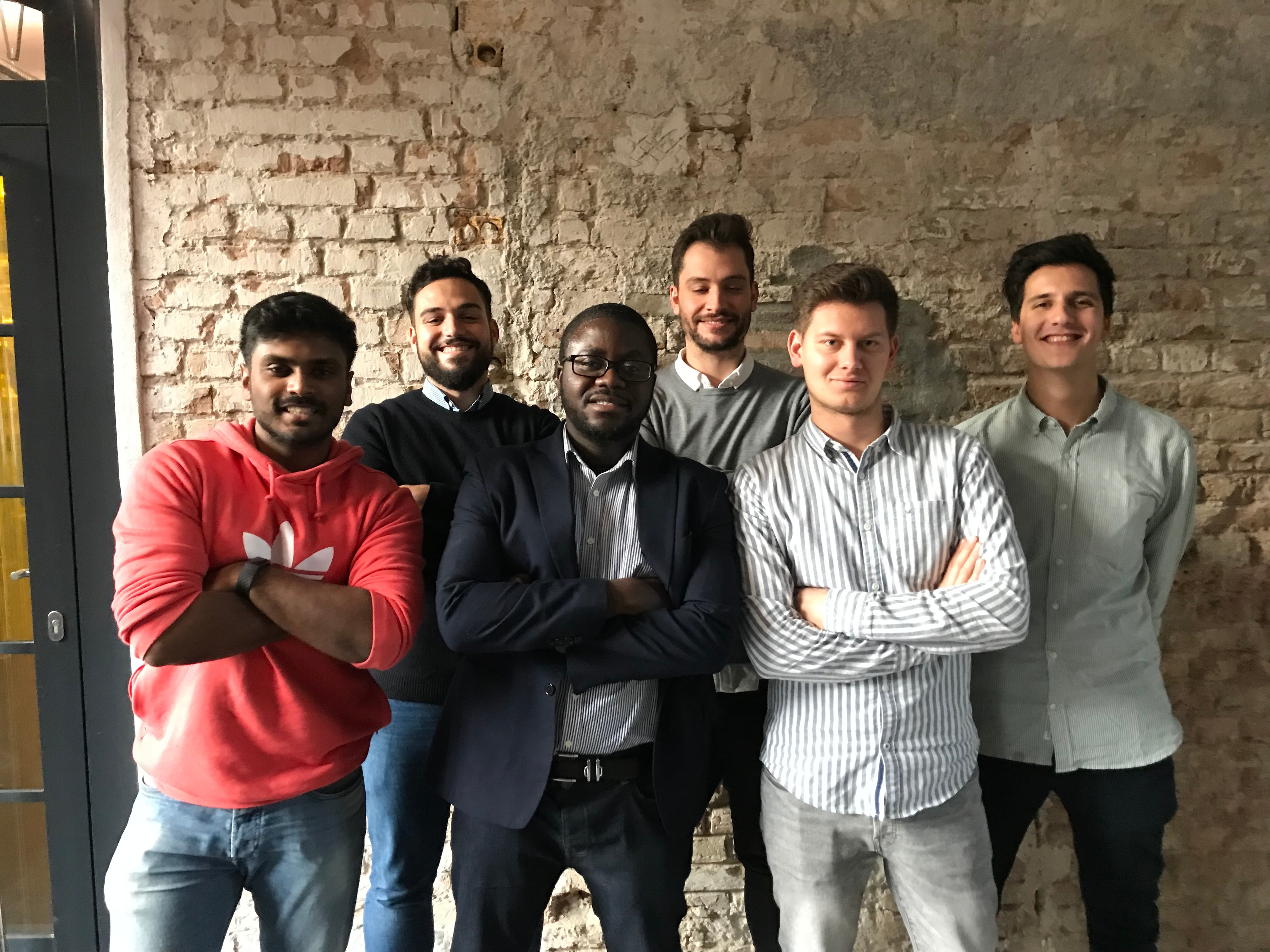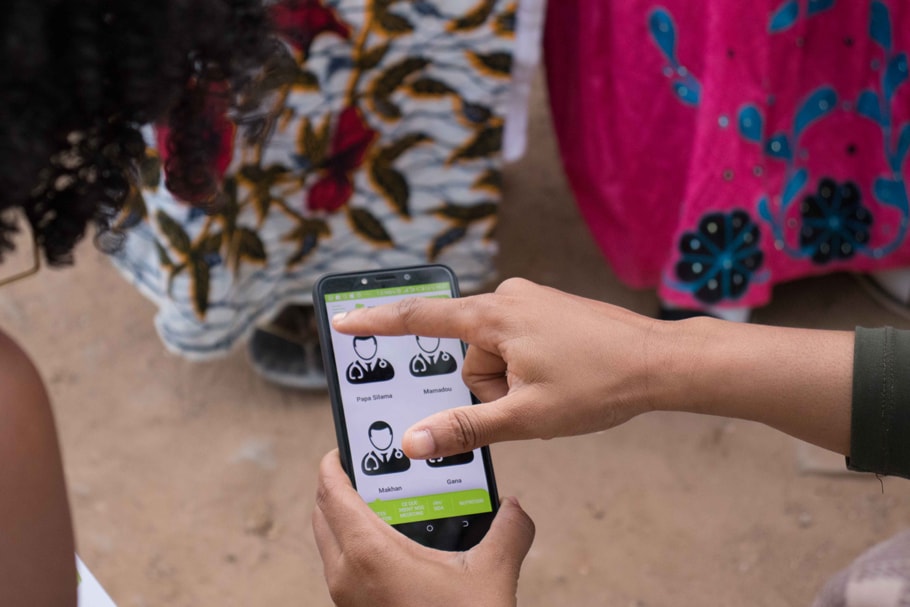Teaming up MSc. students and social entrepreneurs

In November, the Bayer Foundation and the Social Impact Start-up Academy (SISTAC) will kick off the 5th round of their action learning program – an academic project that matches master students with social entrepreneurs from emerging Sub-Saharan Africa.
The SISTAC program is a win-win proposition: Master students from Germany get the chance to help solve real life social challenges. Startup founders from Sub-Saharan Africa, focusing on health and nutrition related challenges, gain relevant business knowledge empowering them to boost the impact of their social innovation, and improve the livelihoods of vulnerable populations across the focus region. This action learning format class is an integral part of the master’s program “Entrepreneurship and Social Innovation” at the WFI / Ingolstadt School of Management.
And this is how it goes: The social entrepreneurs and the students take part in a 4-day boot camp to lay the foundation for a 12-month cooperation, jointly working on the challenges of upscaling the innovator’s business model. In that way, the master students can get their teeth into an exciting business case, developing solutions for actual problems, rather than solve ivory tower challenges to gain the required redits; the startups on the other hand benefit from qualified and professional consultancy on a pro bono basis.
The Bayer-Ingolstadt connection
SISTAC was co-developed by the Bayer Foundation and Prof. Dr. André Habisch, who teaches the program at Ingolstadt School of Management. It was first launched in 2018 and is mainly funded by the Bayer Foundation. The bi-annual program contributes to Bayer’s sustainability ambitions which in turn support the United Nations Sustainability goals #2 (zero hunger) and #3 (good health and wellbeing). The SISTAC methodology is based on Clayton Christinsen’s “Prosperity Paradox” which offers a new framework for economic growth based on entrepreneurship and market-creating innovation. The long-term goal is to implement SISTAC in management education across low- and middle-income countries (LMIC) in order to effectuate systemic mindset change, inspiring future leaders to recognize the economic and social impact potential of local innovators.
Software entrepreneur and Grants4Impact winner Raindolf Owusu from Ghana participated in the very first round of SISTAC’s action learning program in 2018. In an interview, he talks about his SISTAC experience, the journey of his medical health project, and his ambition to become the “amazon for medication” in Western Africa.

“Bisa” mobile health
Telemedicine pioneers in West Africa
Software engineer Raindolf Owusu named his mobile healthcare service “Bisa”, which means “ask” in the Ghanaian Twi language. With the support of the Bayer Foundation and MSc. students of the Ingolstadt School of Management, Germany, he expanded his “ask your doctor online” platform to Senegal.
Raindolf, what gave you the idea for your Bisa project?
The idea was born during the Ebola outbreak in 2014. Over 11,000 people died during the crisis, because lack of information prevented doctors from controlling the spread of the disease. Looking deeper into the topic, I also found that many young people in Africa hesitate to consult a doctor about intimate health problems, such as sexually transmitted diseases or contraception. So, I decided to create a mobile app that helps to prevent and control diseases and connects people with doctors.
How does the Bisa app work?
It’s perfectly simple. You download it and text a question. One of our doctors will pick up the query and provide an answer. We have 40 doctors on our platform, and they communicate among each other regularly, so that people benefit from their combined medical knowledge.
In 2018, your Bisa project became part of the SISTAC action learning program, organized by the Bayer Foundation and the Ingolstadt School of Management. How did they support you?
At the time, our service was already up and running in Ghana. The students helped us to draw up a business plan, a marketing strategy, and a feasibility study for the expansion of the service. Their process knowledge was invaluable! Startups do things fast and intuitively, but these students focus on data-driven decisions. We would never have been able to afford to hire that kind of professional consultancy in the market.
What happened after the boot camp?
In 2019, we expanded together with a partner: Teaming up with the German You Foundation – which promotes education for children in need – we set up Bisa Senegal and opened our French headquarters in the country’s capital Dakar. In addition, the Ingolstadt students produced a video to help us inspire medical students and retired doctors from abroad to join our platform. However, Covid-19 is more urgent now. As there is a lot of misinformation out there, we are currently using Bisa to provide the public with relevant healthcare information on the pandemic.
What is your vision for Bisa’s future?
We want to expand to eight more countries. Our goal is to be the number one digital health company in Africa: to give young people a voice to speak about their health; to give young women access to information on sexual & reproductive health; and to give quality advice, when we see a pandemic coming. In addition, I am working with one of the students, Marco Miglietta, to set up a pilot project which gives people access to medication via the Bisa app. In Africa, many people die from counterfeit medication. At Bisa, we want to help people to get authentic and verified medication: tell them where to buy it, or even deliver it to them; maybe become a small “amazon” for medication? I am very excited about this!




